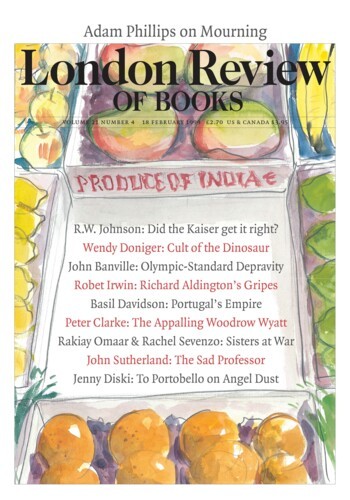Why it’s much better to describe the plight of women in war zones without seeking to whitewash their crimes: Sisters at War
Rakiya Omaar and Rachel Sevenzo, 18 February 1999
Nowadays in Africa, it is easier to attract overseas aid for projects that address ‘the concerns of women’ than it is to fund almost any other kind of initiative. Most donors want to know in detail how any allocation will benefit women specifically. What Women Do in Wartime includes contributions from several women’s groups which have sprung up on the continent as a result of this turn of events. Most, like the Women’s Commission of the Human Rights League of Chad, are advocates on behalf of women in war-torn nations, or nations which have only recently emerged from conflict. The argument that is held to justify the existence of these groups is that women have been so completely marginalised, and their problems are so specific, that they require special measures. The trouble with this ‘gendered’ approach is that it discourages any analysis of the ways in which the experiences of men, women and children overlap and intersect – a fact which helps to explain why this book is less concerned with ‘what women do’ and more with a grim accounting of what is done to them.’‘

